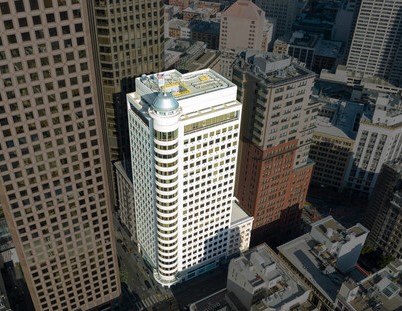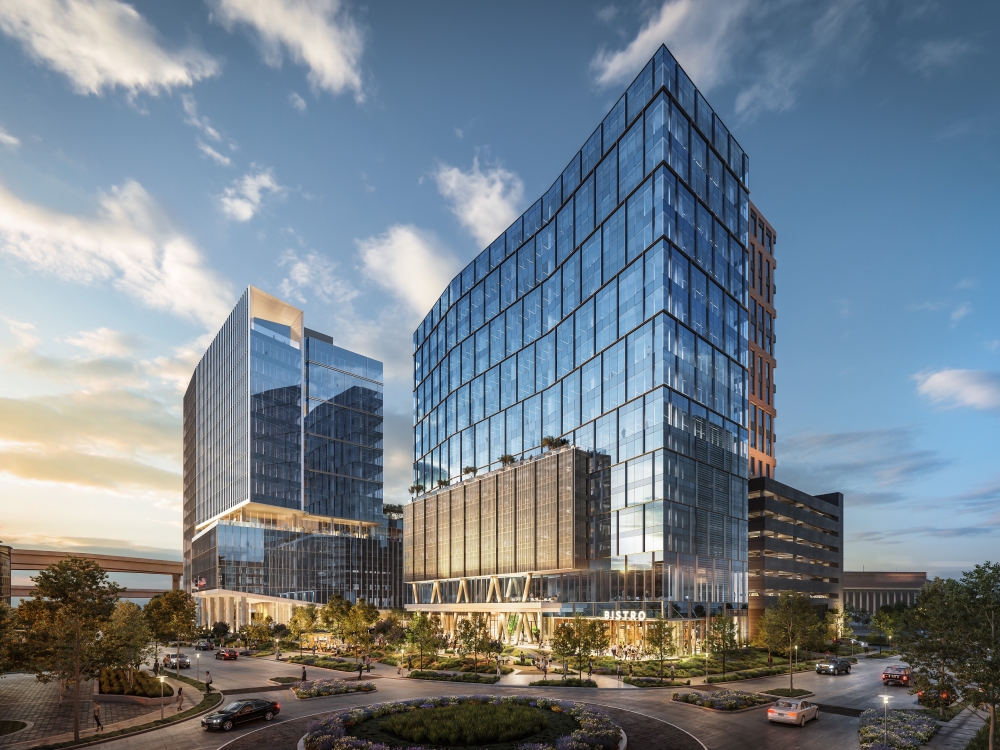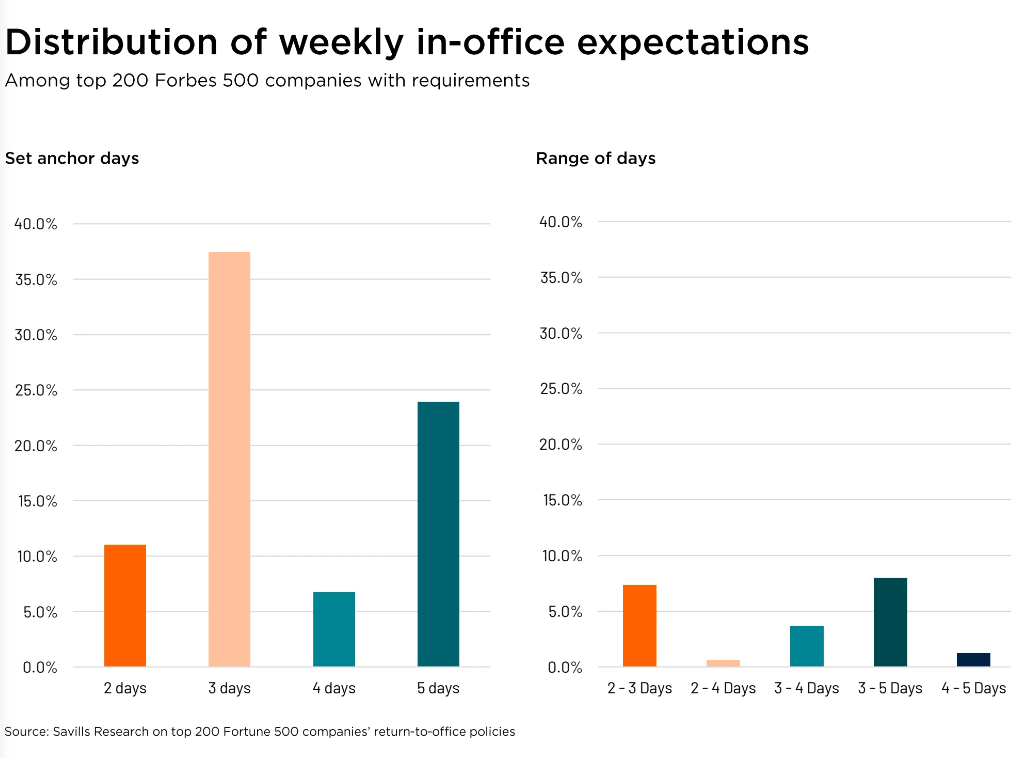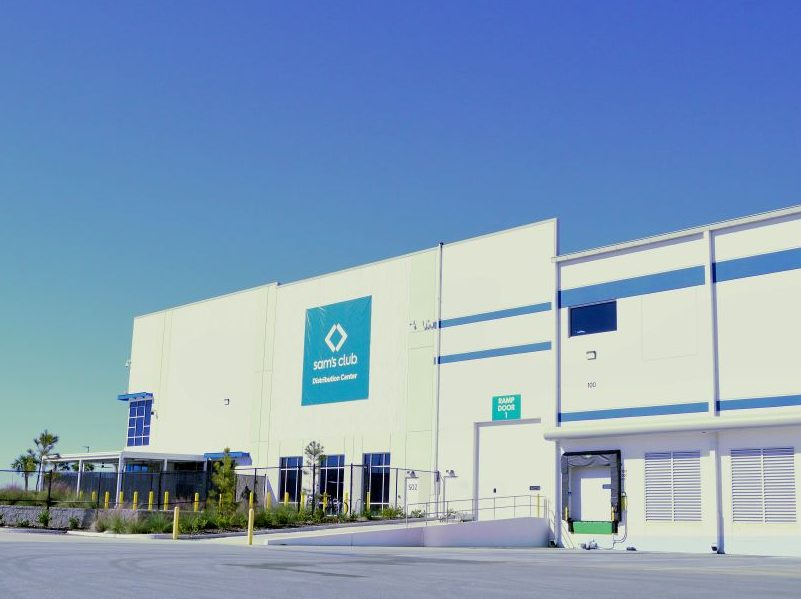Looking Beyond COVID-19
What's happening next? Norm Miller, Hahn Chair of Real Estate Finance at University of San Diego’s School of Business, weighs in.
 There’s nothing funny about the pandemic sweeping much of the earth. But the Hahn Chair of Real Estate Finance at University of San Diego’s School of Business managed to crack wise at the end of his recent list of predictions about the impact the Coronavirus will have on commercial and residential property.
There’s nothing funny about the pandemic sweeping much of the earth. But the Hahn Chair of Real Estate Finance at University of San Diego’s School of Business managed to crack wise at the end of his recent list of predictions about the impact the Coronavirus will have on commercial and residential property.
Noting that bargains will be had among office buildings, apartment communities, houses and the like put up for sale by panicked sellers, Norm Miller suggested that the most profitable among them will be funeral homes. But stay away, he warned potential investors: “They are a dying business.”
READ ALSO: CPE’s Coronavirus Coverage
Sure, it’s an old joke. But Miller, who teaches the master’s in real estate program at USD, was more serious with the rest of his outlook, and rightly so. No one can predict with any degree of accuracy how long the virus will live in America and elsewhere before a vaccine is developed.
But based on what he called “some logic” as well as past experience with SARS—the severe acute respiratory syndrome, the contagious and sometimes fatal respiratory illness that first appeared in China in November 2002 but was contained and disappeared two years later—Miller said the most immediate effects are already obvious.
They include a significant interruption of supply chains across-the-board, significantly less travel and a fear of all crowded venues, possibly more government intervention at the state and federal levels, and overreactions in the capital markets impacting stocks and our estimation of wealth.
Here’s how he believes each of these will impact real estate, starting with the most obvious, some of which already are happening:
- Hotel occupancy will drop, as will conference center utilization. But tourist cities like Las Vegas and New Orleans will be impacted more than other cities.
- More and more airlines will cancel flights as travelers decide to stay home. And this will “impact our ability to meet business commitments,” said Miller. If too many flights are jettisoned, it will cascade into even more meeting and event cancellations, and people will turn to video conferencing and other alternatives.
- Cancelled sporting events further dampen hotel occupancy. How long that will last will depend on when the virus peaks, Miller said. But “if history is any guide, the worst impacts will last no more than two quarters.”
- Slowing or shuttered supply chains will interrupt production “all over the world.” But while manufacturing will be delayed, “we will make it up eventually,” Miller said. “It is not the percentage of parts that matters, but rather the inability to replace critical parts with domestic/local suppliers that matters. The same is true for physical retail goods. These purchases will be delayed, and most will be made up. However, some business will be lost forever, like fitness centers, movie theaters and restaurants.”
- Work will be disrupted if childcare centers and schools close for long periods. While a long closure is the “most severe signal” that the virus could drive the U.S. economy into a recession, Miller does not think a recession is in the cards. Still, he warned that the economy “could easily dip” into negative GDP for one quarter and/or a very low GDP for all of this year.
- Lengthy school closures will “seriously disrupt” the office market as occupants switch to flexible work scheduling and more telecommuting, eventually resulting a larger, permanent home-based workforce. Home-based workers now account for 12-15 percent of all employees, but they could rise to 15-20 percent of the workforce over time, Miller ventured.
- The economy will be impacted negatively next year by a pullback in the stock market, delaying new and secondary stock issuances. And, in turn, investment and expansions will be delayed and new hiring will slow.
- A stock market decline also will hurt the high-end housing market, which is tied closely to overall wealth.
- Beyond hotels, the “next most impacted property type” in the short term will be bulk port warehouses that deal with imports of construction materials, automobile parts and electronics, Miller advised. At the same time, though, local warehouses serving as the last mile in the overseas supply chain will benefit from a surge in e-commerce as people shop more online.
- Grocery shopping online, which most of the population has resisted, Miller said, will surge. And as a result, the one property type that has been considered e-commerce resistant—the neighborhood shopping center anchored by grocery stores and pharmacies—could finally go the way of most other retail properties. If he’s just partly right on this prediction and a jump in online shopping is simply temporary, Miller said, some effects will still linger “forever.”
- Construction will be delayed as builders and developers seek new replacement supplies and suppliers. “This will hurt construction efficiency,” he also predicted. “Starts and stops do not allow for streamlined project management.”
- Low interest rates will make refinancing and new acquisitions attractive, and the volatility of the stock market should steer more capital into real estate, supporting most values, especially in the multi-family market and the last-mile industrial market.
- Retail and office cap rates might witness wider spreads, but low Treasury rates will likely keep cap rates down.
- Unemployment uncertainty and business investment delays will cause some people to delay buying homes. But low mortgage rates will probably permit current owners who haven’t been hit too hard by declines in their investment holdings to move up, thereby freeing up their houses to rookie buyers looking to get their foot on the first rung of the housing ladder.
Miller also said the next several months will prove to be a good time to pick up property from panicky buyers. But stay away from those funeral homes.







You must be logged in to post a comment.